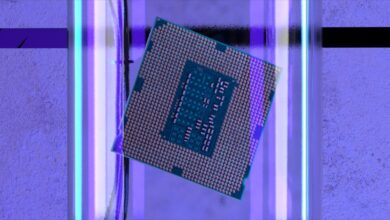Rivian Automotive and Nio Amidst Industry Challenges

$RIVN
In the rapidly evolving electric vehicle (EV) sector, Rivian Automotive (NASDAQ: RIVN) and Nio (NYSE: NIO) have recently faced significant stock value declines, each dropping by 45% in 2024. This downturn occurs against a backdrop of increasing global demand for EVs, which is being countered by various industry challenges, including reduced subsidies, rising interest rates, and escalating competition, especially from Chinese manufacturers. For Rivian, the year has presented particular hardships, with a marked decline in share value, yet the company stands at a pivotal juncture that may signal a potential turnaround.
Rivian is proactively evolving its product offerings, notably with the second generation of its electric consumer pickup trucks and SUVs, the R1T and R1S. Catering primarily to high-net-worth individuals, these models boast an average selling price of nearly $83,000 based on second-quarter revenues. Looking ahead, Rivian plans to broaden its market appeal with the upcoming R2 model, an electric SUV expected to launch in early 2026 with a more accessible starting price of $45,000, which could attract a wider customer base.
In a strategic move to enhance its financial and technological capabilities, Rivian has entered a significant partnership with Volkswagen. This collaboration involves an initial investment of $1 billion in Rivian through a convertible bond, with prospects for an additional $4 billion aimed at acquiring more shares and establishing a joint venture for shared EV technology development. Anticipated to be formalized by year’s end, this partnership could serve as a catalyst for renewed investor interest as Rivian prepares for R2 SUV production.
On the other hand, Nio, a prominent luxury EV manufacturer in China, has also encountered considerable challenges. A price war earlier this year severely impacted the Chinese EV market, prompting Nio to reduce prices amid a model upgrade, which led to lower production and deliveries. However, recent developments indicate a positive shift; following the upgrades, Nio reported a remarkable 91% sequential increase in deliveries, totaling 57,373 units in the second quarter.
This surge in vehicle sales, which increased by 81% sequentially to approximately $2.2 billion, also saw significant improvement in vehicle margins. To expand its market reach, Nio is launching the L60 SUV under its sub-brand Onvo, directly competing with Tesla’s Model Y at a lower price point but with enhanced features. This strategic move aims to capture a broader customer base and is expected to be a key growth driver in the months ahead.
Both Rivian and Nio are navigating a transformative period in the EV market, characterized by rapid technological advancements and shifting consumer preferences. As these companies adapt to the evolving landscape and work to overcome current challenges, their strategies and innovations could lay the groundwork for future growth and stability within this dynamic industry. The developments ahead will be crucial in shaping their trajectories in the competitive EV market.
**DISCLAIMER: THIS CONTENT IS FOR INFORMATIONAL PURPOSES ONLY AND SHOULD NOT BE INTERPRETED AS INVESTMENT ADVICE. INVESTING INVOLVES RISK, INCLUDING THE POTENTIAL LOSS OF PRINCIPAL. READERS ARE ENCOURAGED TO CONDUCT THEIR OWN RESEARCH AND CONSULT WITH A QUALIFIED FINANCIAL ADVISOR BEFORE MAKING ANY INVESTMENT DECISIONS.**



